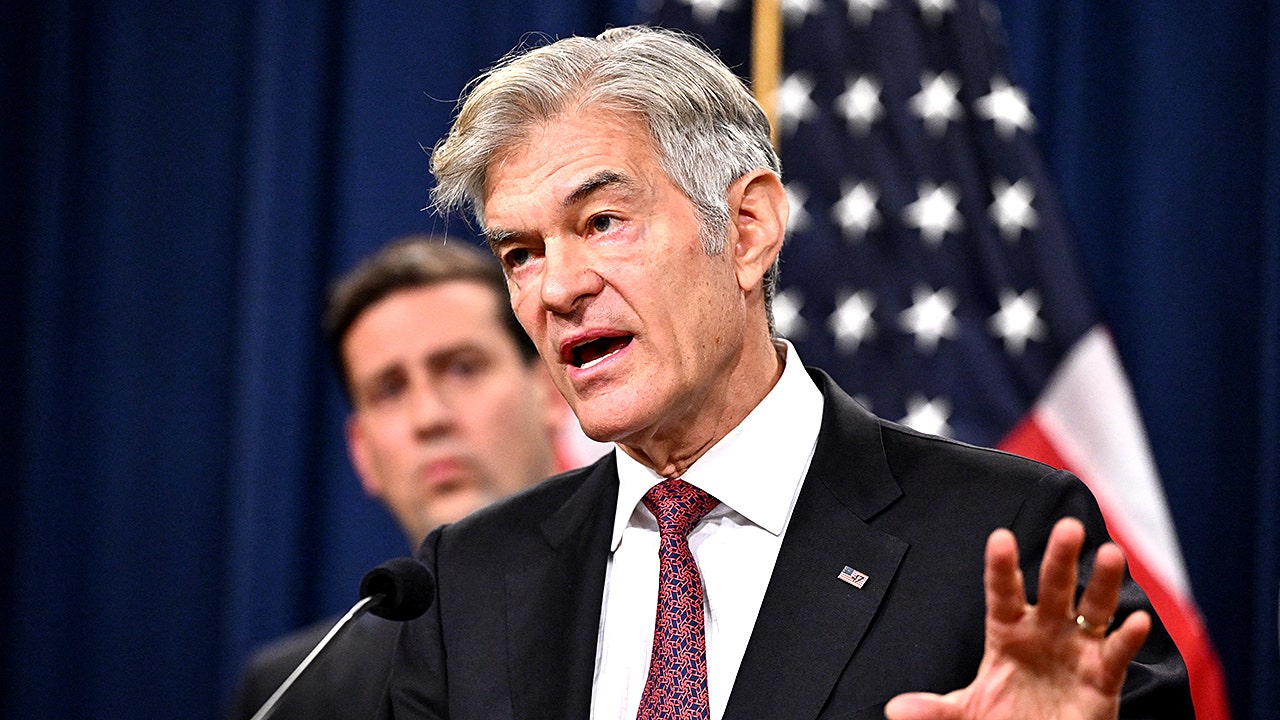The death of a loved one can prove devastating for a surviving spouse or parent. A study published on July 24 in the journal Frontiers in Public Health revealed that the bereaved faced an increased risk of dying from grief.
Research has long shown associations between bereavement and increased cortisol secretion, sleep disturbance, immune imbalance, inflammation, blood clots, and heart conditions, including Takotsubo cardiomyopathy — also called broken heart syndrome — and arrhythmias.
Numerous studies have also indicated that those grieving the loss of a loved one are at higher risk of dying.
A 2014 study in JAMA Internal Medicine, for instance, showed “25% higher mortality in the first year after partner bereavement in older couples, with a peak in the first 3 months.” Within 30 days of a spouse’s death, the study found that persons ages 60 or older were found to face twice the risk of a heart attack or stroke compared to those who had not suffered such a loss.
Dr. Lisa Shulman, a professor of neurology at the University of Maryland School of Medicine, told American Heart Association News that the death of a loved one triggers the body’s “fight or flight” response: “Your heart starts racing, your blood pressure increases, your respiratory rate increases, you become sweaty, as the body marshals defenses for you to protect yourself, one way or another.”
Shulman indicated that in some cases, grief can leave widows and widowers in a state of permanent stress.
RELATED: This is true fatherhood: My dad’s final act defined love and manhood
Photo by Spencer Platt/Getty Images
Dr. George Slavich, director of the Laboratory for Stress Assessment and Research at the Semel Institute for Neuroscience and Human Behavior at UCLA, indicated that prolonged grief can be debilitating for some individuals and is linked to serious health consequences, including increased risk for cancer and mortality.
The new study in Frontiers bolsters the connection between grief and mortality.
In the study, Danish researchers tracked the long-term health outcomes of 1,735 bereaved men and women over the course of 10 years. The median age of the participants at the time of enrollment was 62.
A national register of drug prescriptions tipped researchers off to which patients were recently prescribed treatments for terminal conditions. After identifying the corresponding moribund patients, the researchers invited them and their loved ones to participate in the study.
Among the participating relatives of the dying patients, 66% ultimately lost their spouse, 27% lost a parent, and 7% lost another kind of loved relation.
The researchers assessed participants’ grief symptoms prior to bereavement, six months after bereavement, and three years after bereavement, and divided the participants into five common categories of trajectories with those suffering persistently “low grief” on one end and those suffering persistently “high grief” on the other end.
Those in the “high grief” camp stood an 88% higher risk of dying within 10 years than those in the “low grief” camp.
Those in the “high grief” camp saw 186% higher odds of receiving talk therapy or other mental health services, 463% higher odds of being prescribed antidepressants, and 160% higher odds of being prescribed sedatives or anxiety drugs.
During the 10-year study period, 21.5% of the bereaved relatives in the “high grief” camp died. Only 7.3% of those in the “low grief” trajectory perished.
Dr. Mette Kjærgaard Nielsen noted that, “The ‘high grief’ group had lower education on average, and their more frequent use of medication before bereavement suggested that they had signs of mental vulnerability, which may cause greater distress on bereavement.”
Like Blaze News? Bypass the censors, sign up for our newsletters, and get stories like this direct to your inbox. Sign up here!
Read the full article here










![Alina Habba Claps Back After Judge Rules Against Her Appointment [WATCH] Alina Habba Claps Back After Judge Rules Against Her Appointment [WATCH]](https://www.lifezette.com/wp-content/uploads/2025/08/2025.08.25-11.33-lifezette-68ac49f463017.jpg)

